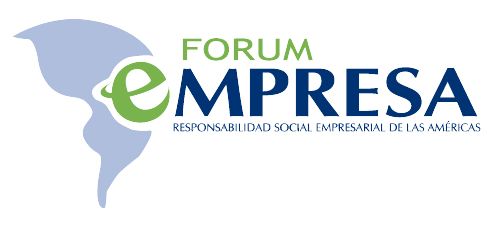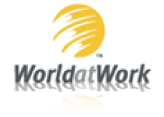This book provides the foundation of integral coaching, a coaching methodology based on the self-correcting capacity of the client that looks at human beings as a whole. Integral coaching deals with all of the person's realms: body, mind, spirit, emotions and social intercations. The book includes assessment models, an explanation of the coaching process and examples of coaching conversations that use the integral coaching approach. It is a must read for coaches that want to start practicing integral coaching.
Coaching
Integral Life Practice is a must have handook for integral coaches. It offers insights, methods and practices that coaches can use to to help clients cultivate a more enlightened life. This flexible framework will bring physical health, spiritual awareness, emotional balance, mental clarity, relational joy and energy level to clients. The book combines exercises with examples, cutting-edge theories and graphics.
Wendy Palmer, author of The Intuitive Body, shows through basic practice and partner exercises how to become more aware of the body and trust its wisdom. Many coaching clients are not grounded in their bodies, but when they rediscover the physical part of themselves they are able to enter a way of being that she calls the intuitive state, a spontaneuos and clear aspect of ourselves that has not been distorted by fear. This book is good for integral coahes that want to gain more practice in how to help clients get in touch with the intuive part of themselves.
Sustainability
We know what we want the world to be like in forty years. Do we really know how it will be? This book tries to provide an answer to this question. Five big sustainability issues are identified that need to be changed at a systemic level as well as the drivers pushing these changes. At the end, the author reflects on the future, and gives ideas on what to do at an individual level with 20 pieces of personal advice. This book is a must read for high level executives and CSR managers that want to stay abreat of the sustainability trends.
The late industrialist Ray Anderson, founder and chairman of Interface, was a pioneer in the field of sustainability. In 1994, he set a course for his company to take nothing from the earth that can't be replaced by the earth. In this book, Anderson leads the way, and shows the steps he took in his company to achieve this goal. The Interface story is compelling because it shows how sustainability adds value to both the business and society. This book is a must read for company leaders who need to reflect on the type of leadership they want to practice. Ray was an example of the future leaders that we need. He was inspired by sustainability, he created the appropriate changes in his company, and he set out to change the world.
In this book, Daniel Goldman explains how knowing the hidden impacts of what we buy can change everything. He argues that we are in the dark as shoppers, about the detrimental effects of producing, shipping, packaging, distributing, and discarding the goods that we buy. He believes that the balance of power is about to change, because of the technological advances that are bringing information to people. Consumers are building what he calls ecological intelligence, an understanding of organisms and their ecosystems, and the capacity to learn from experience and deal effectively with our environment. He believes that consumers in the future will demand radical transparency from companies, but he claims companies are not ready for it. This book is a must read for company leaders and CSR consultants who want to undertand the changes going on with consumer attitudes.
The Ecology of Commerce was published in 1993 by Paul Hawken, and it has been revised in 2010. When the books was first published it was boycotted by every major business publication in the United States. This was emblematic of the denial that existed in the business world about the environment. The book stated that "business is destroying the world". Despite this resistance the book became a best-seller and has never stopped selling. We live in a different world today, where every company has to deal with the negative impacts the business creates in the environment and society. This book is a must read for business leaders who want to develop a restorative economy rather than a destructiive one.
The zeronauts are a new breed of innovators determined to drive problems such as carbon, waste, toxics, and poverty to zero. In this book, John Elkington discusses the importance of breaking the sustainability barrier; he believes zeronauts will guide us through it. Conventional capitalism looks like a Ponzi scheme where only a few get rich and it is going to dissapear in the next decades. But in oder for this to happen, a transformational systemic change needs to occur. Zeronauts will push for this type of change. Business and civic leaders, CSR experts, government representatives and academics can benefit from reading this book, because they are part of the systems that need to change.





















